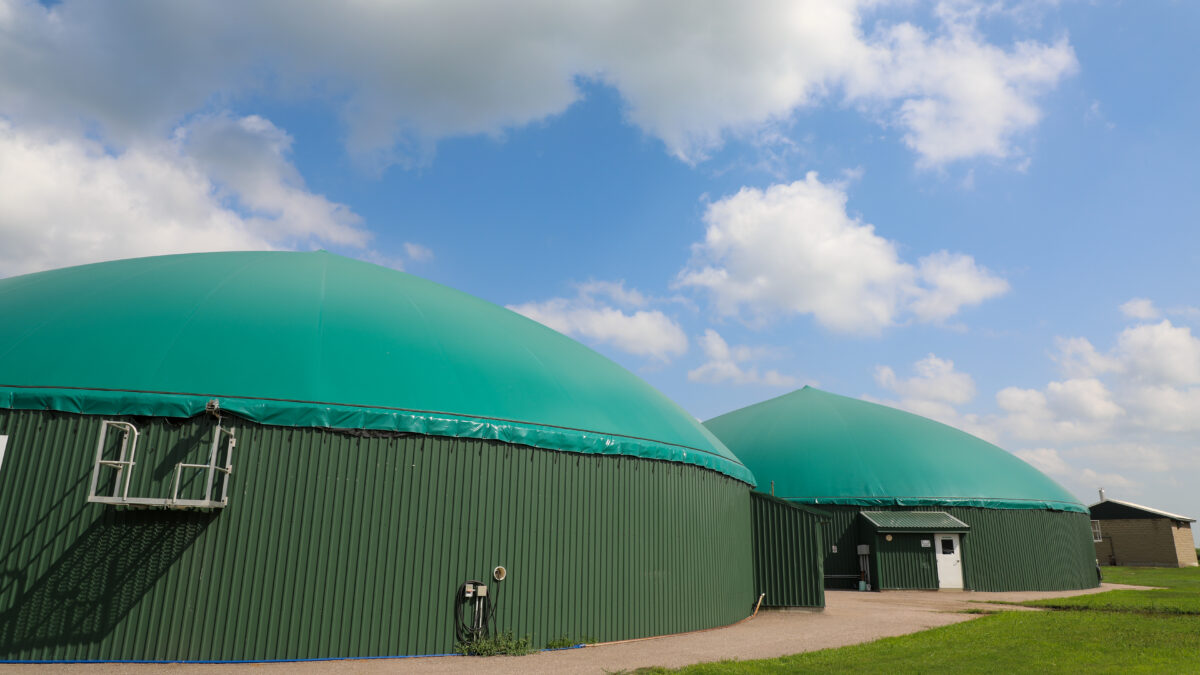A Look into Sustainable Agriculture
TOPICS
SustainabilityGuest Author
Special Contributor to FB.org

photo credit: Right Eye Digital, Used with Permission
Guest Author
Special Contributor to FB.org
By Sunny Andersen
Farming involves more than just the farmer.
As a college student interested in the future of farming and sustainable farming practices, I am constantly seeking to learn about the methods of farming that help restore the environment and continuously improve natural resource conservation.
That’s why I feel fortunate to have had a hands-on experience for 15 weeks at a farm in San Luis Obispo, California, where I observed the outcomes of implementing sustainable practices.
City Farm SLO is a 19-acre non-profit urban farm that strives to achieve sustainability through climate-smart agriculture. The farm aspires to bring people together from all backgrounds to share the passion of the region’s agricultural heritage through volunteer days, farmers’ markets and an annual harvest festival.
City Farm sustainably produces bountiful crops.
The farm uses strategies such as crop rotation, integrated pest management and sheep rotational grazing to manage the plot of land. A variety of crops are grown on the same land during different seasons, allowing for replenishment of nutrients in the soil. Rotating crops this way can help to eliminate pests that are harmful to growing plants. Using grazing sheep as a controlled disturbance keeps the soil healthy and maintains future plant health, with their waste increasing the fertility of the land.
In addition, City Farm uses thermophilic composting. With this “hot” method of composting, bulk material creates a high bacteria count, forming ingredients to increase plant growth. The farm also utilizes a worm bin to increase diversity of the compost. Further, a Johnson-Su aerobic bioreactor takes organic waste and transforms it into an environment that fosters symbiotic relationships with plant roots. The system is a simple composting method that creates a growing media to spread onto soils, providing beneficial nutrients.
City Farm eliminates waste and creates large amounts of microbial life through these processes. It’s an important element for improving the long-term health and production of the farmland, as well as providing the community with farm-based education. Young students can visit the farm and explore nutrition, biology and ecology concepts, and older students can develop life-skills and explore the connection to food and land.
It amazes me that despite being a small-scale farm primarily supported by grants, donations and sponsorships, City Farm sustainably produces bountiful crops. They regularly sell a plethora of fresh produce such as peppers, tomatoes and greens year-round to local customers at numerous farmers’ markets.
Sunny Andersen is an intern at the American Farm Bureau Federation.